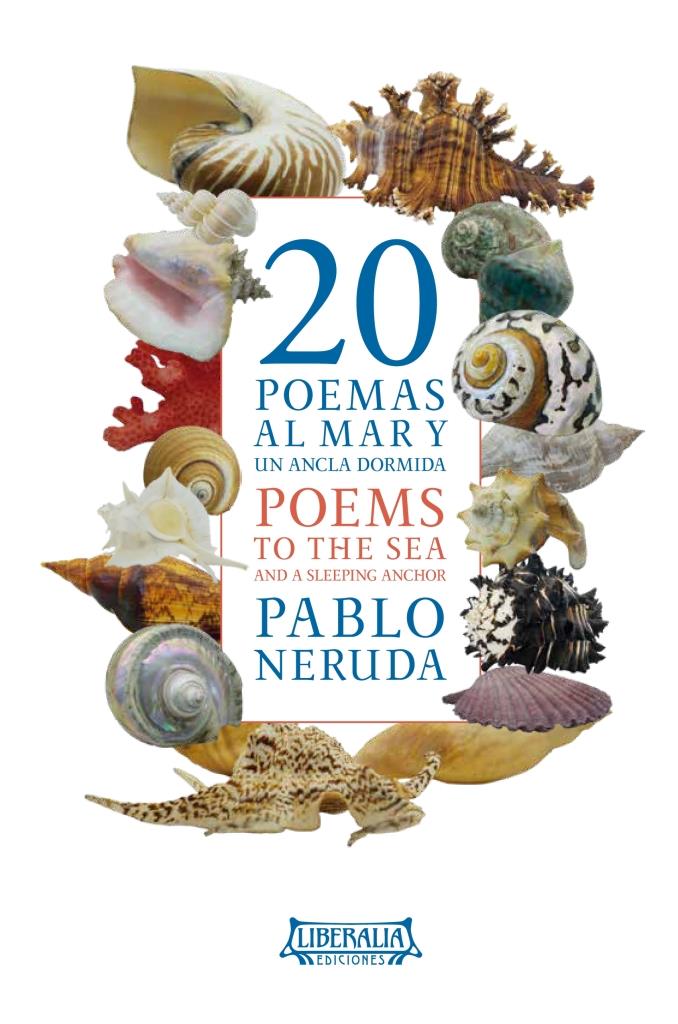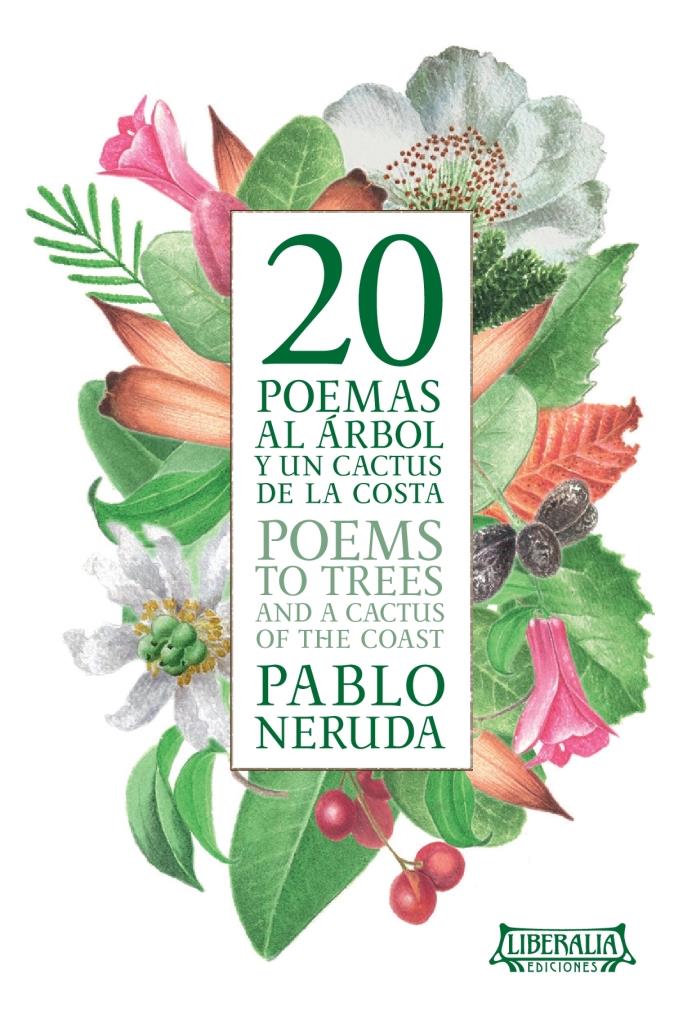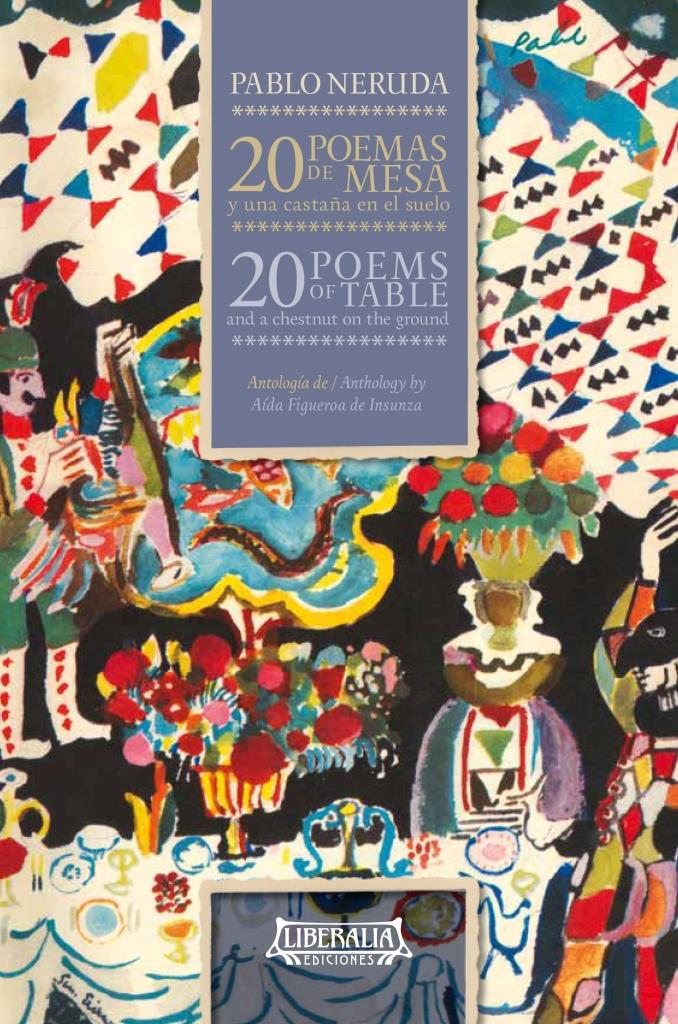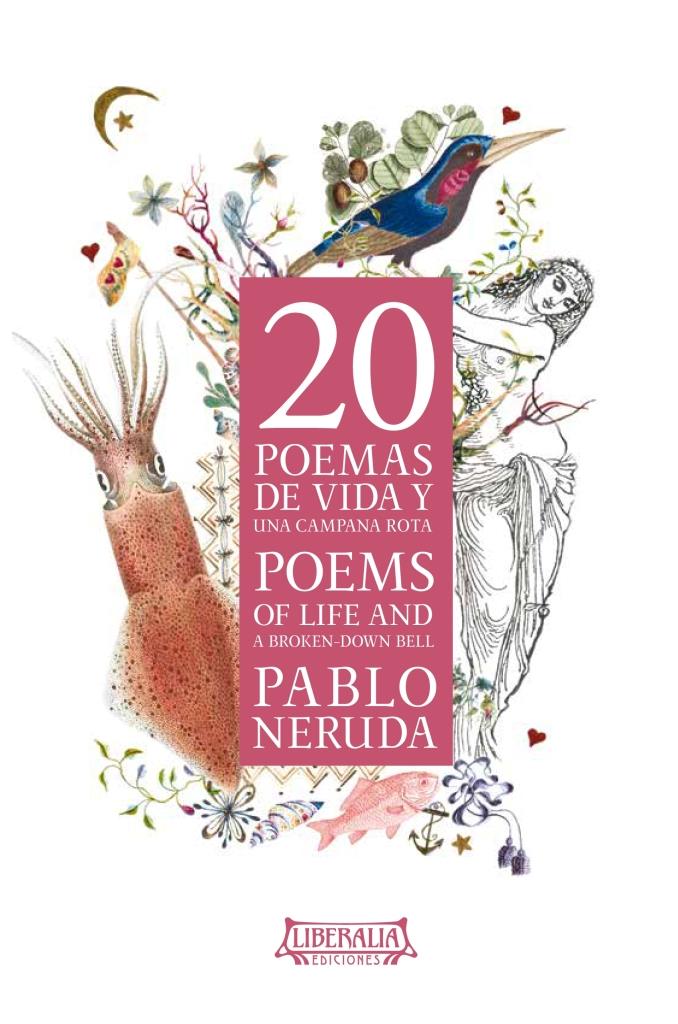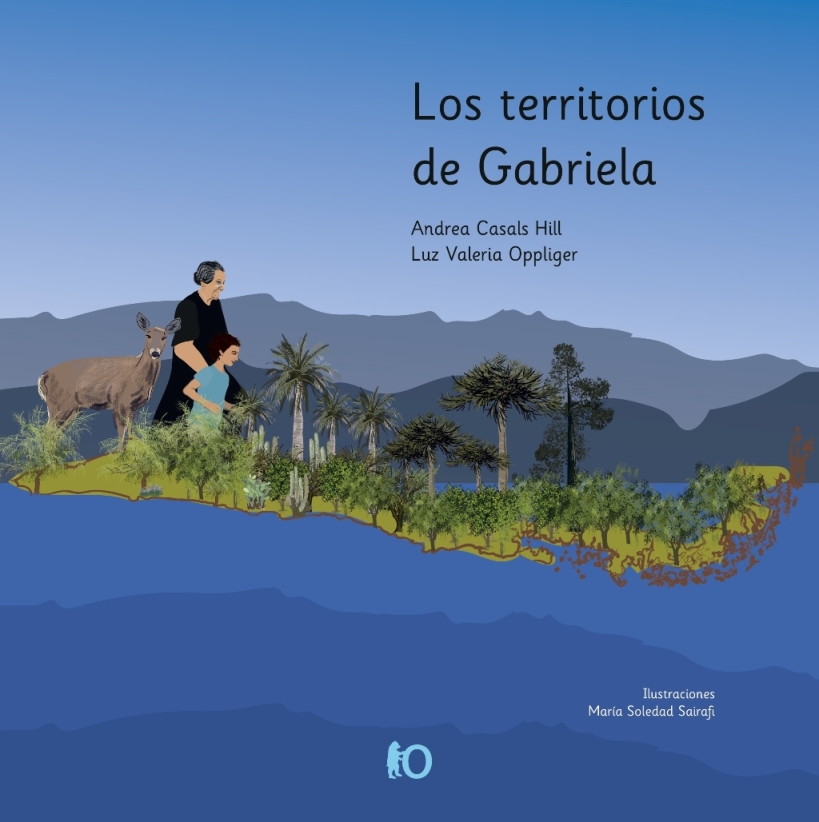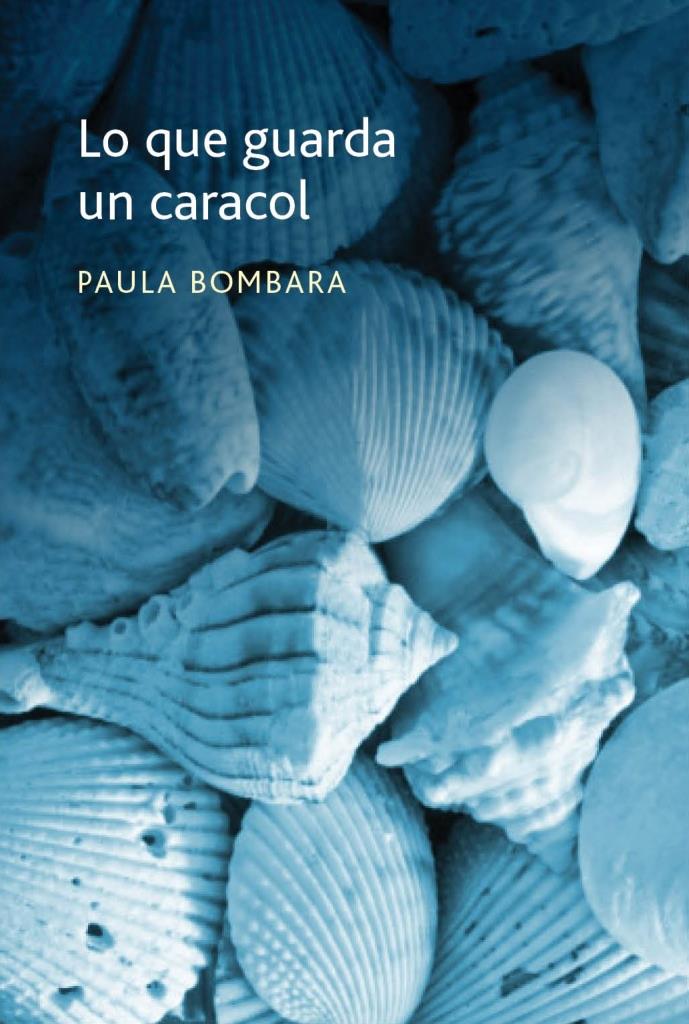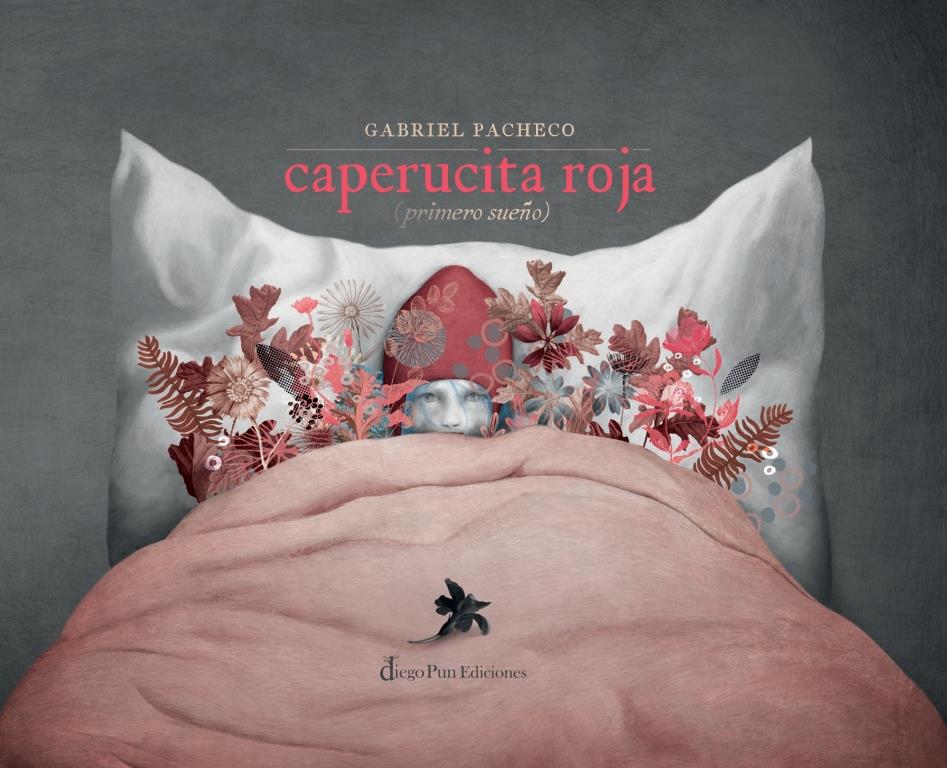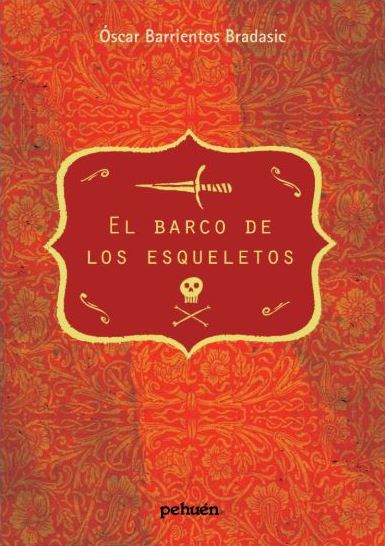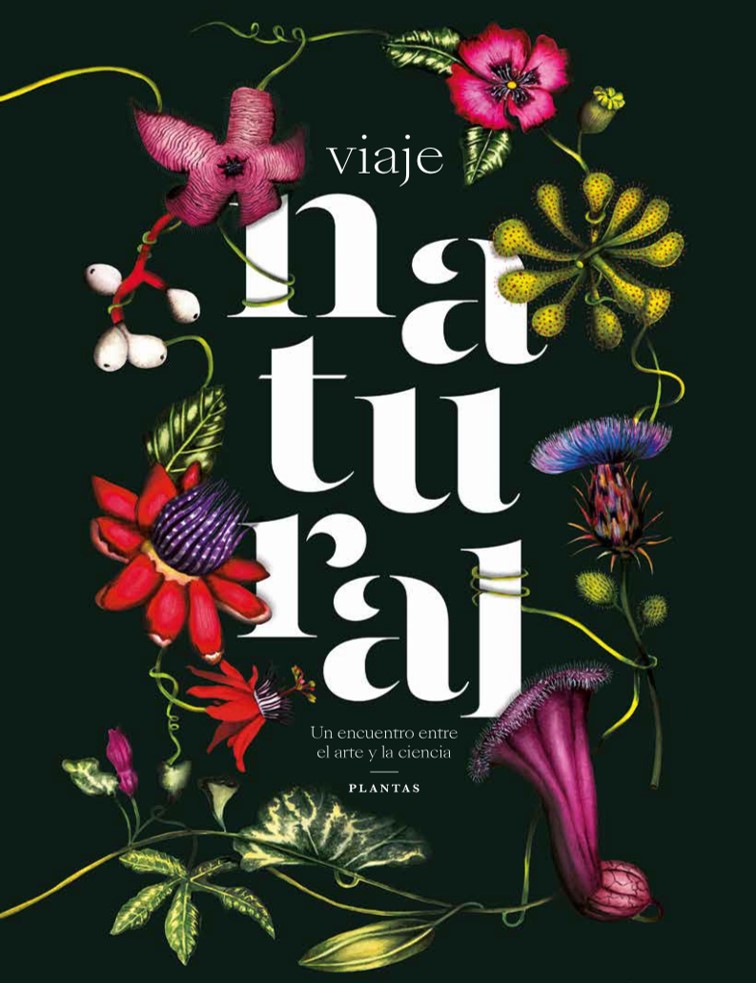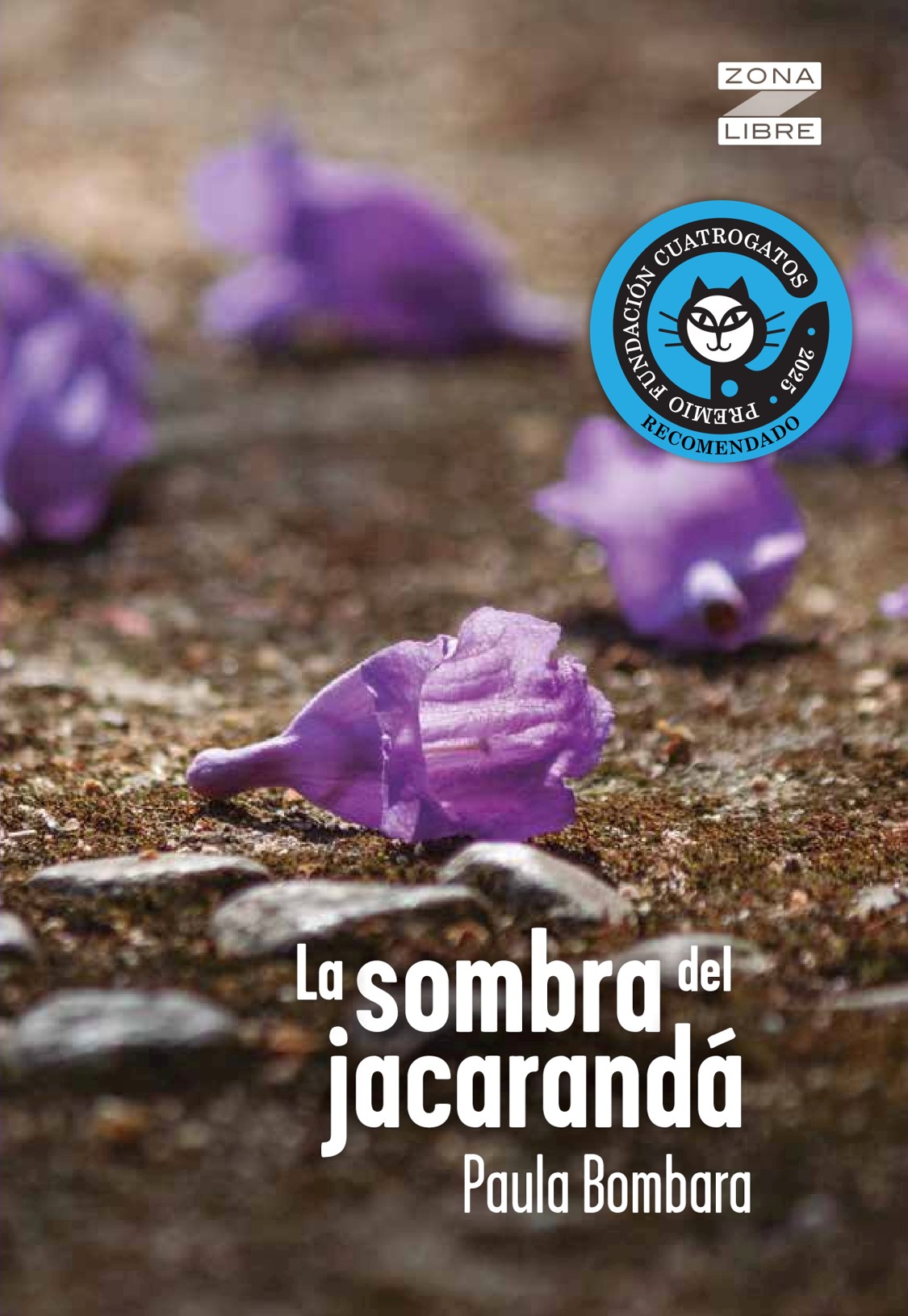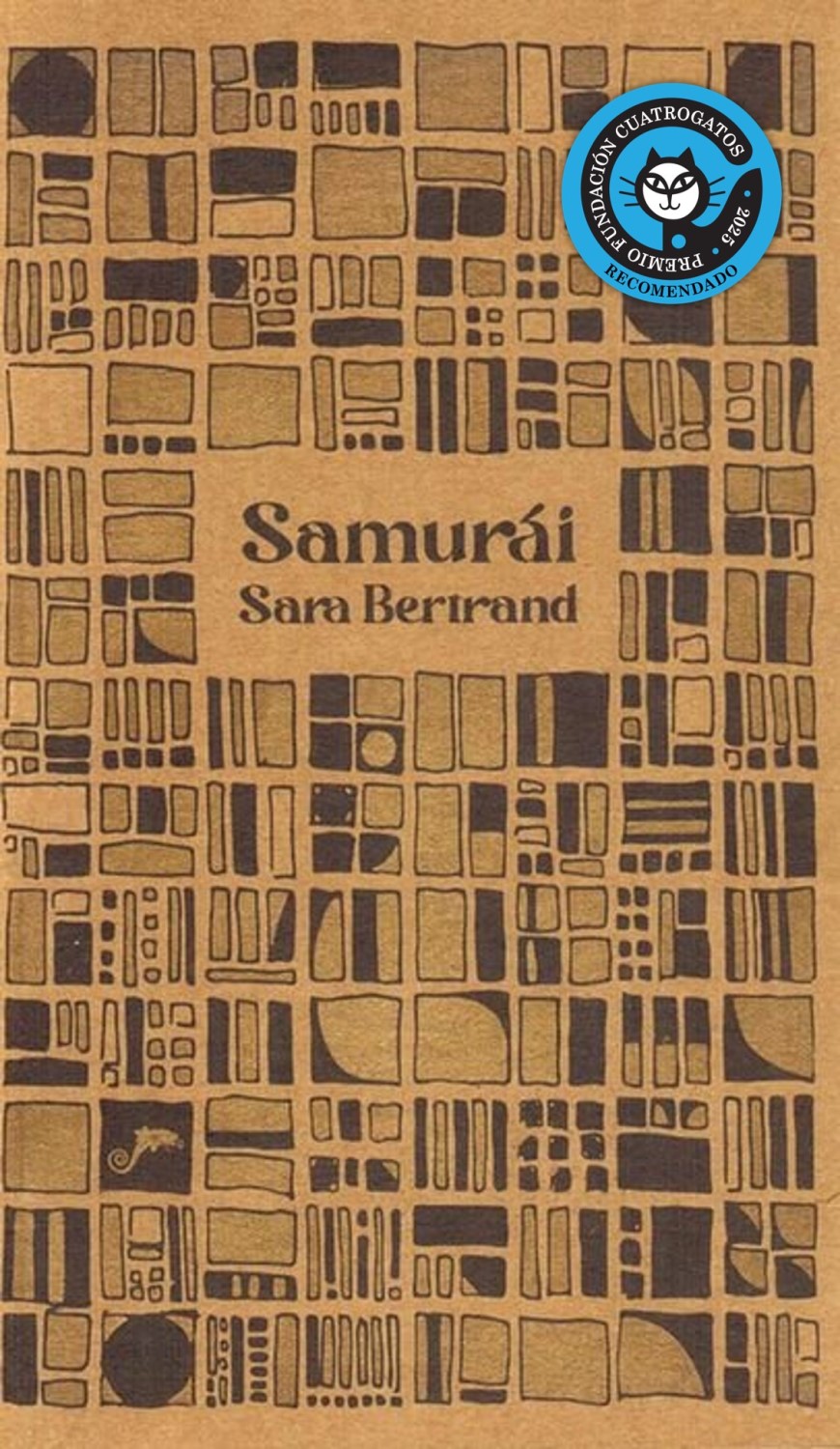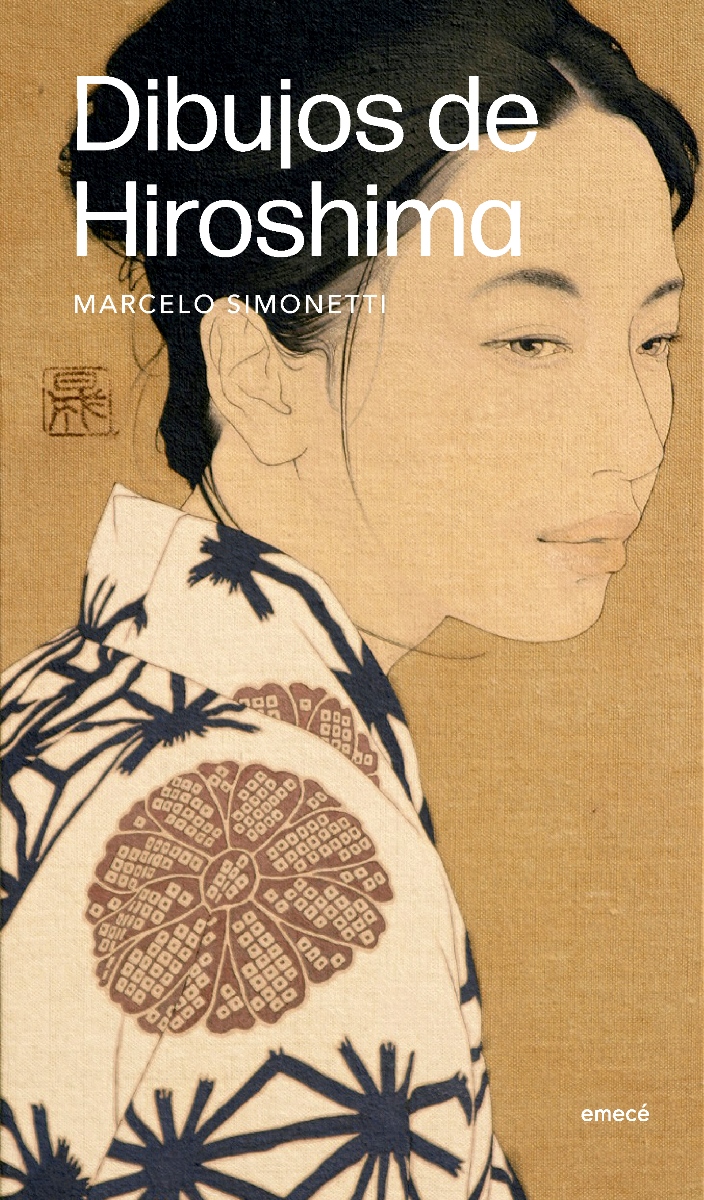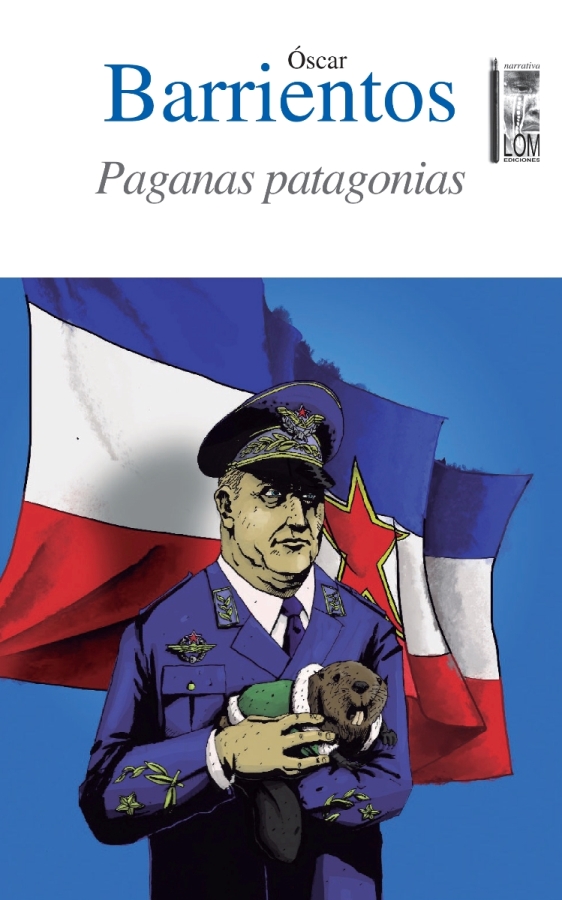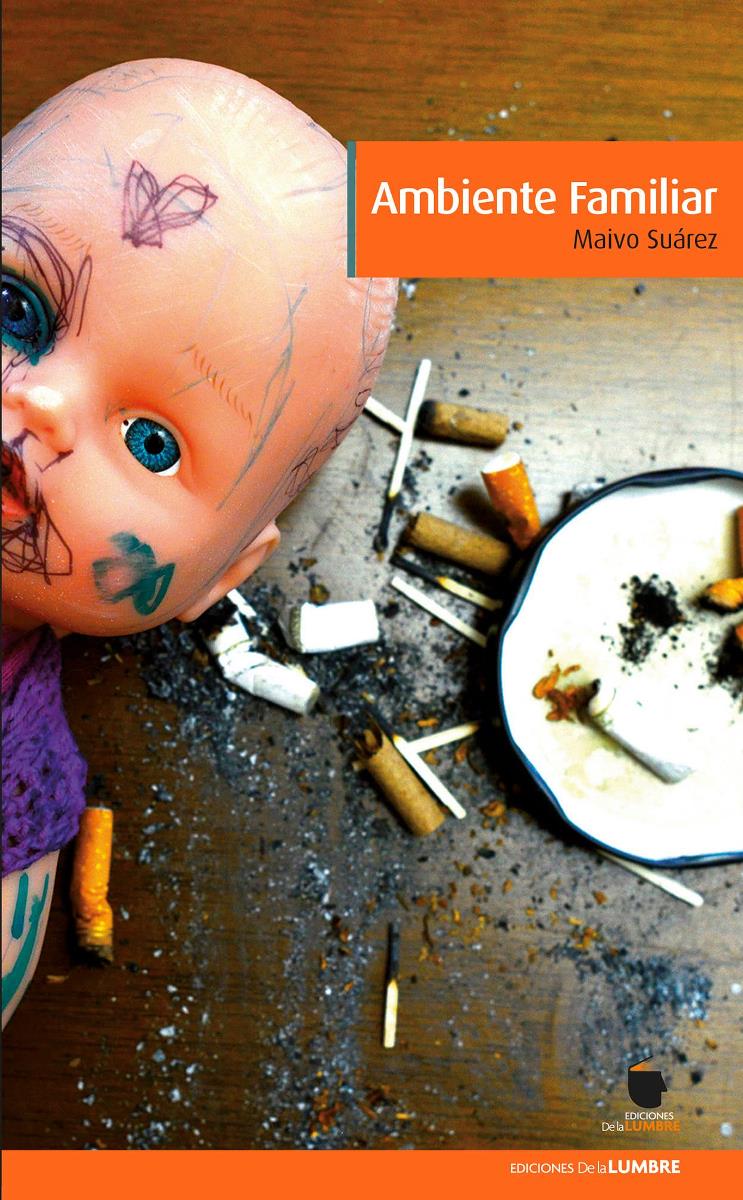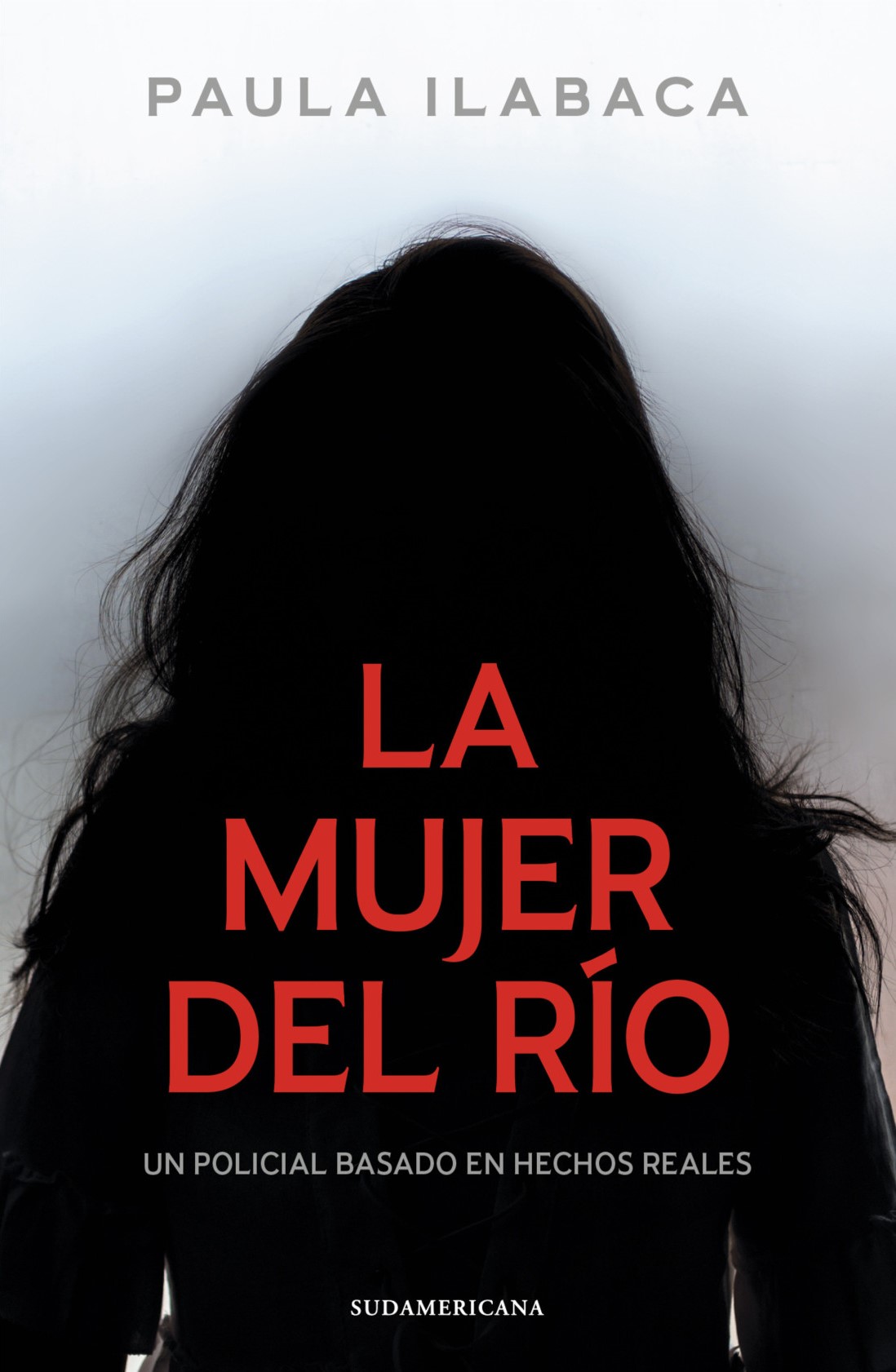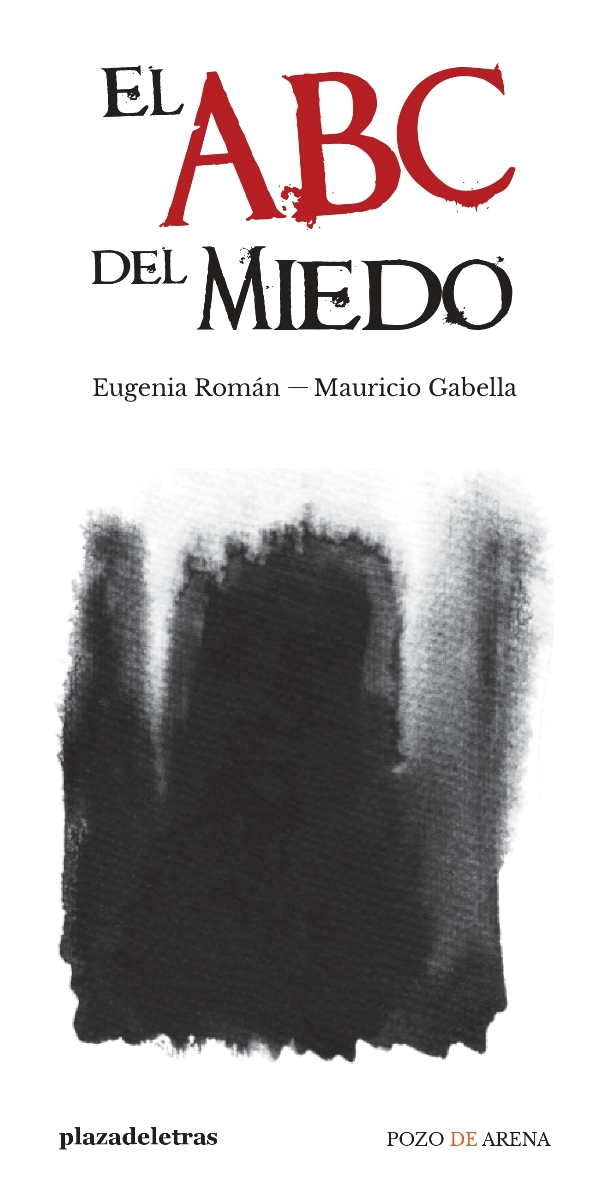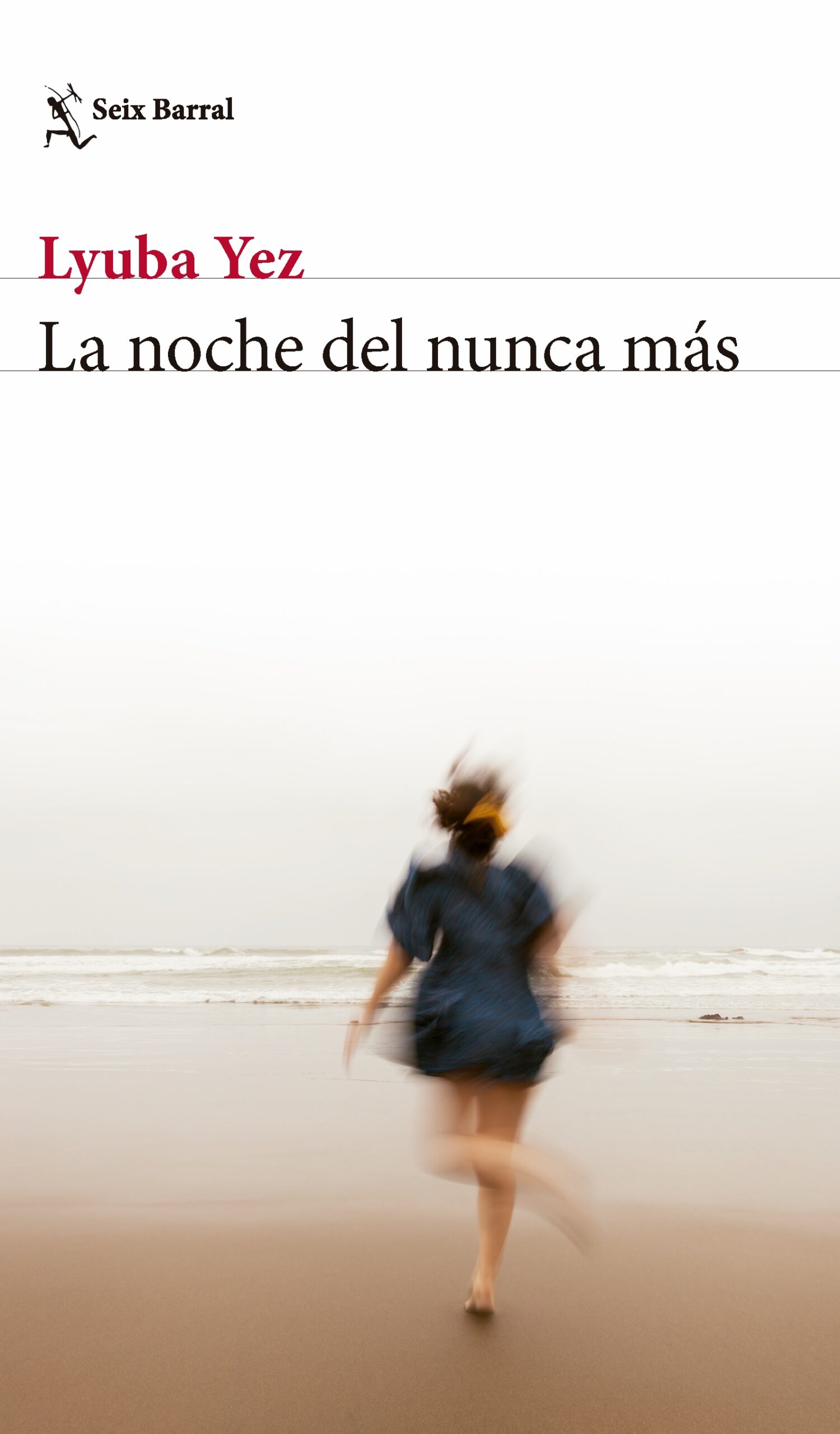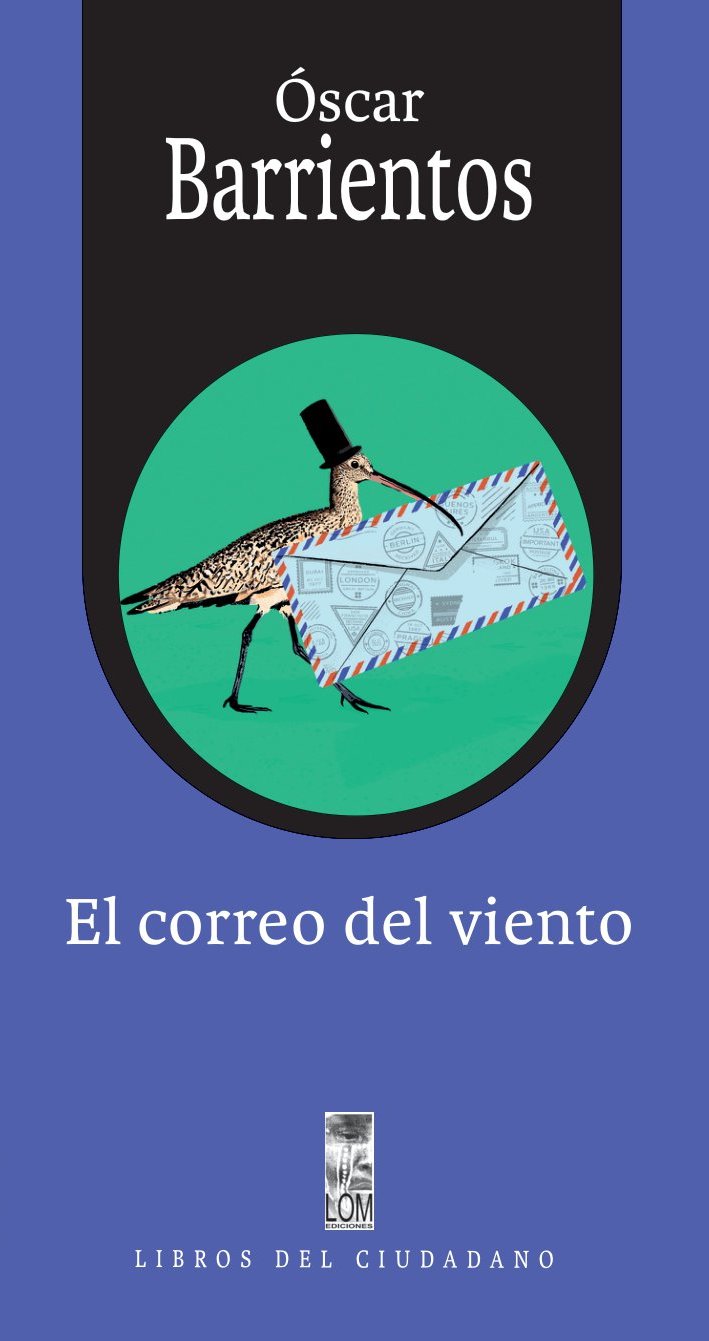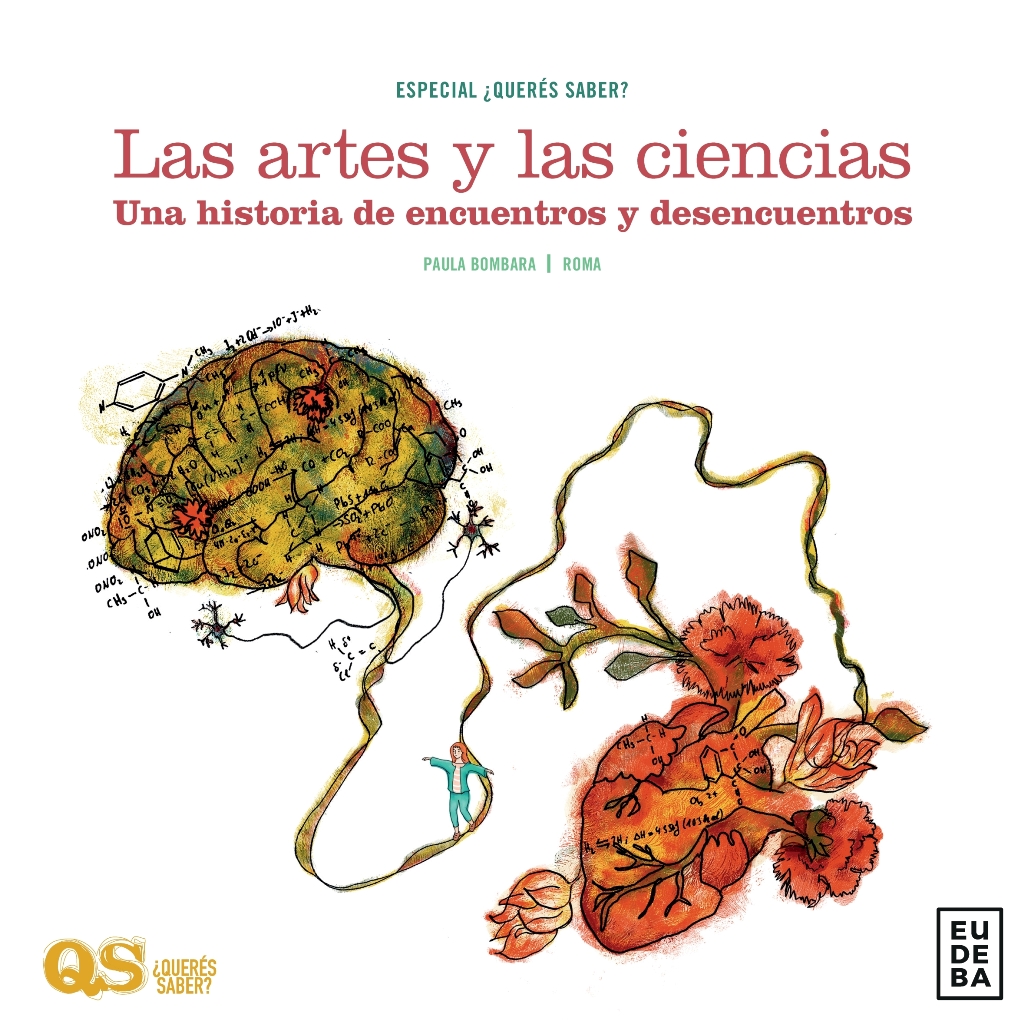

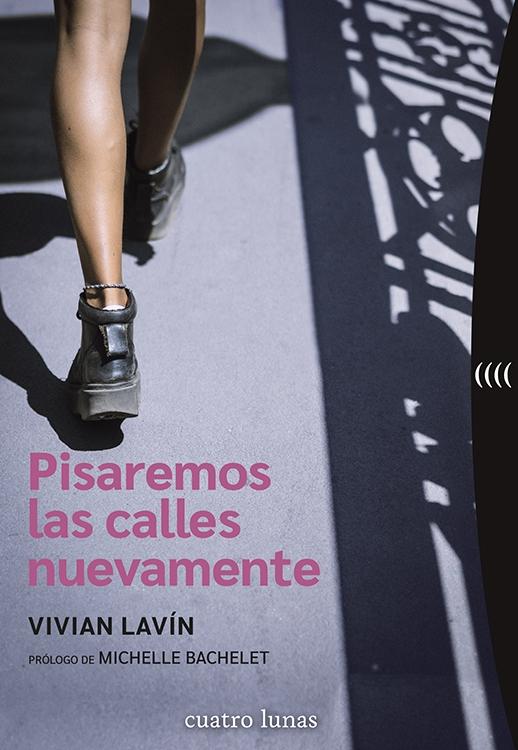
We Will Step on the Streets Again
The memoirs of three former political prisoners of the Chilean dictatorship, revealing their conviction and dignity to defend life and the conquest of a more just and egalitarian society.
Valentina’s growing political commitment was the cause of tension and many family frictions. It would be years later her mother, who so much rejected her activism at the time, ended up chained to the bars of the Courts of Justice demanding the release of Prisoners and Political Prisoners, among whom was her daughter Valentina. But for that, it would have to take some time. By the end of 1983, Valentina had already finished school. She is 18 years old and experiences a radical break with her father and leaves home.
She had ceased to be the young rebel of the Resistance. She was a militant of the MIR, a select group of young people called to be part of a party that selectively chose its members. That greater degree of involvement would make her go clandestine very soon.
The coup d’état in Chile caused a wound in society that has yet to heal. During the dictatorship, thousands of people were repressed, imprisoned, exiled and murdered by the political-military apparatus. Hundreds of them were women like Gina, Elizabeth and Valentina, the protagonists of this book. After being arrested, humiliated and tortured, they were imprisoned and singled out by the media as heartless terrorists. In prison they found a space in which they cultivated a close relationship of friendship and complicity.
Vivian Lavín describes in these pages the many days of interviews with these three women. Conversations that evoke the times of their childhood, their political awareness during adolescence or the decisions that led them to participate actively against a totalitarian system.
A book written with four voices: that of the journalist who investigates, contextualizes and is deeply shaken by what happened, and that of three sensitive and lucid victims who deserve the historic seat of revolutionaries of the Chilean resistance. A beautiful but heartbreaking book. From a reading that is exhausted in the despondency that each line causes us, the testimony of these three exemplary lives.
Key points
• September 2023 marks the 50th anniversary of the coup d’état in Chile.
• It offers a different approach to history, from a gender perspective.
• Foreword by Michelle Bachelet, former President of Chile and former Executive Director of UN Women, who was also imprisoned during the dictatorship.
Vivian Lavín
2017 – Chilean Academy of Language Award for good use of Spanish
2010 – Universidad de Chile’s Faculty of Science Award
2009 – Excellence in Journalism Award
2009 – Chilean Book Chamber Award, Communication category
2005 – Chilean Writers’ Society Award to her radio programme Vuelan las Plumas
- Author: Vivian Lavín
- Illustrator: Cover picture by Matyas Levente Sipos
- Publisher: Editorial Cuatro Lunas
- Collection: Non fiction
- Year: 2023
- Pages: 268
- Size: 21 x 14.5 cm
- Sold In: Spanish (CHI, SPA, MEX)
- ISBN: 9788419783028
- Category:
Adultos
- Type : Essay
- Genre : Non-Fiction
- Binding : Softcover






